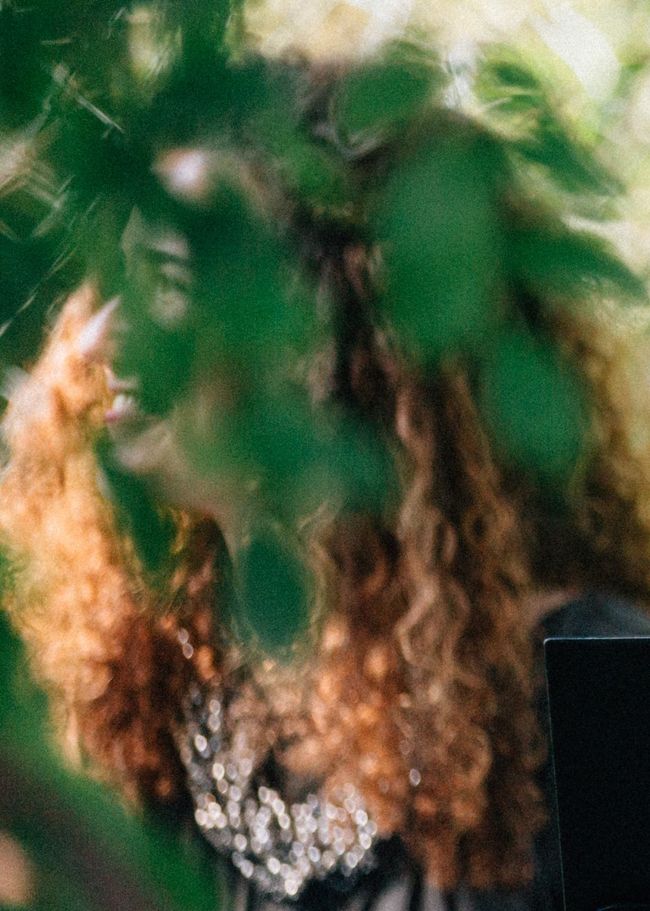Solastalgia
Çap edildi: 13.12.2022
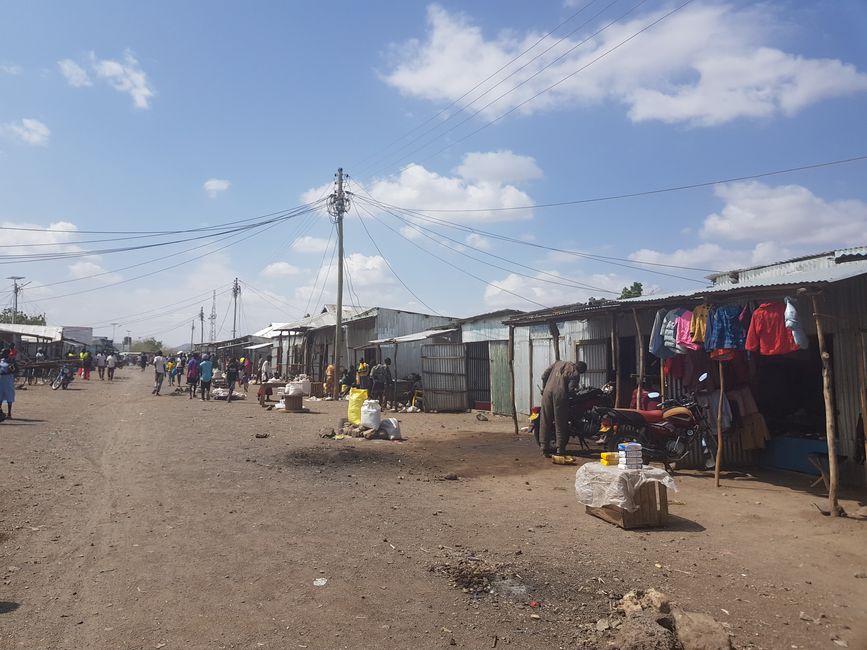
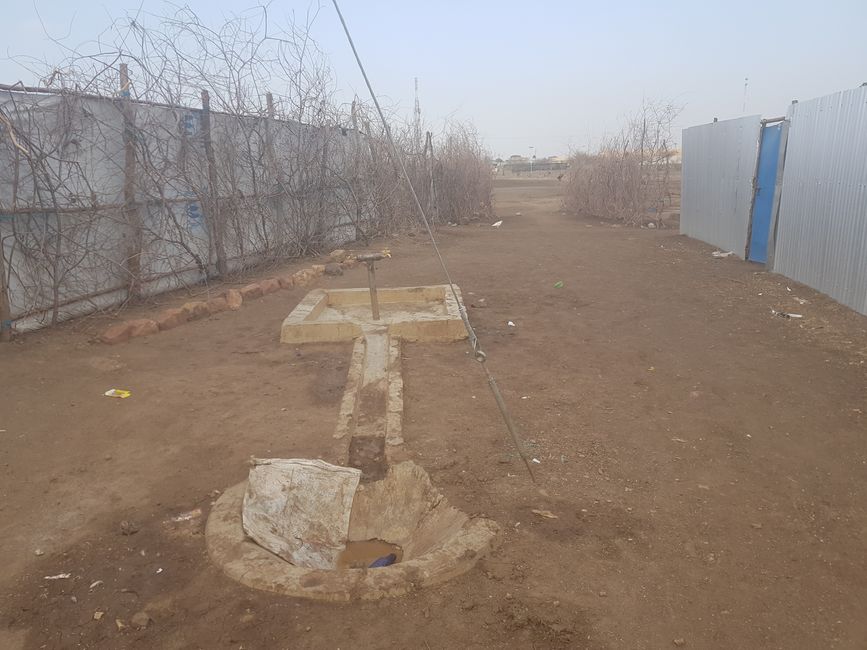
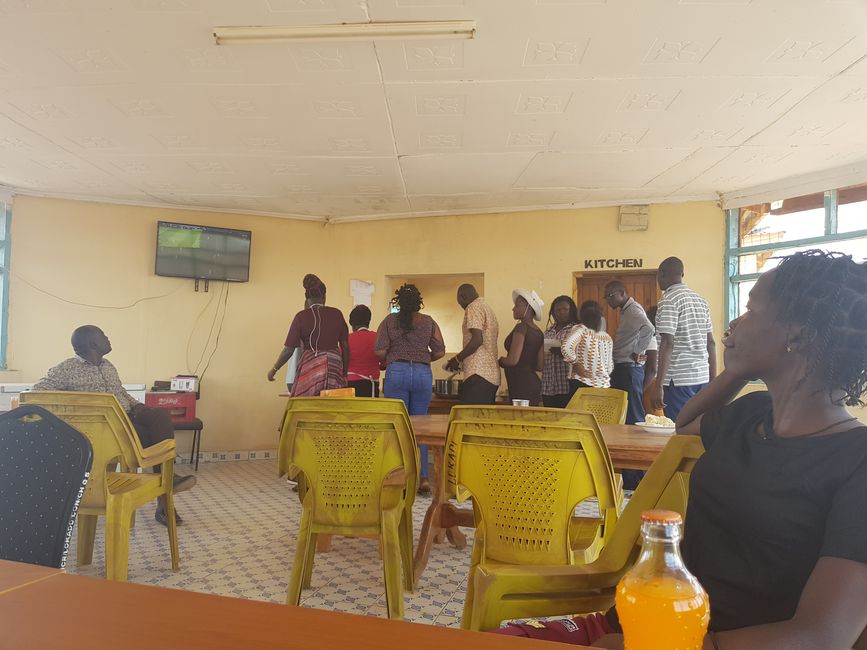
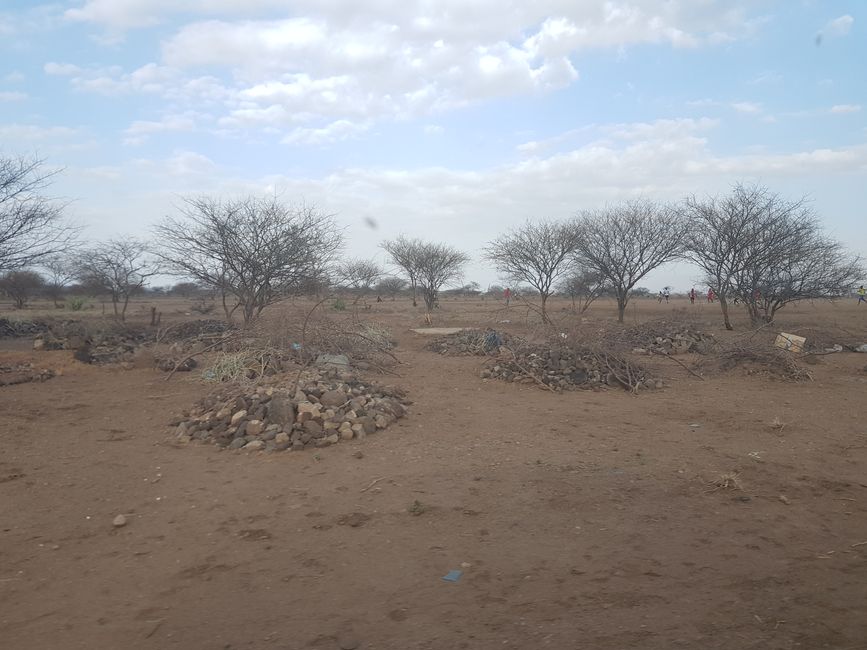
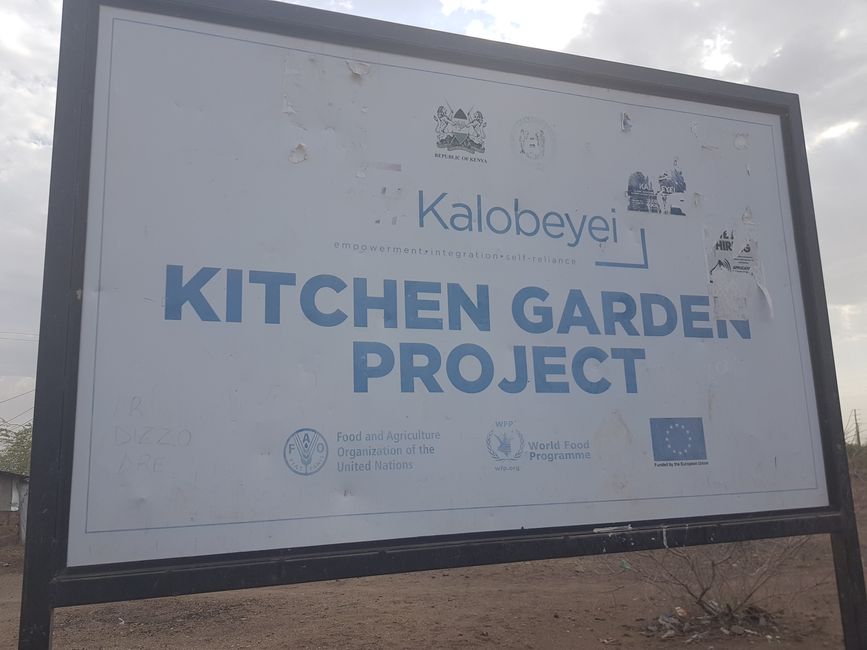
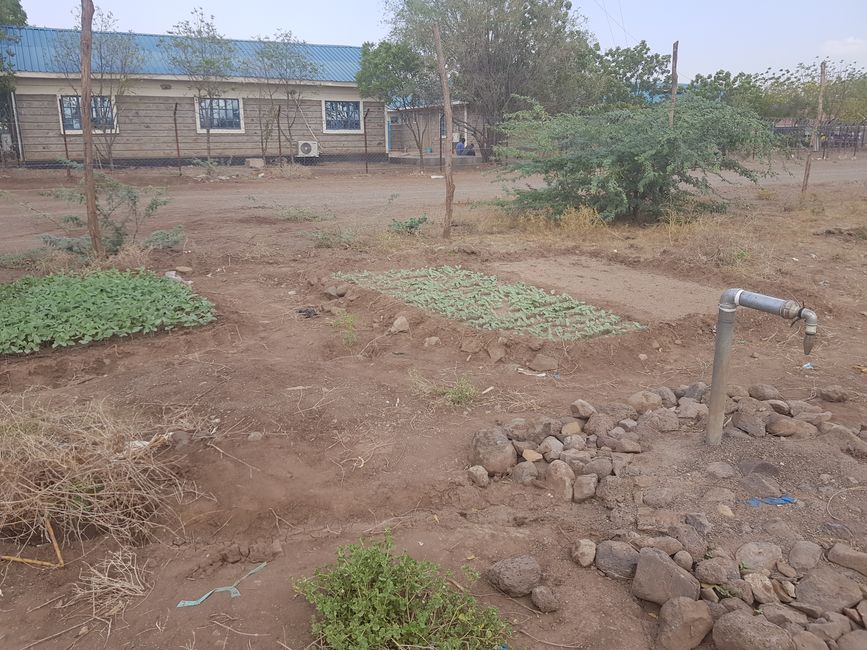
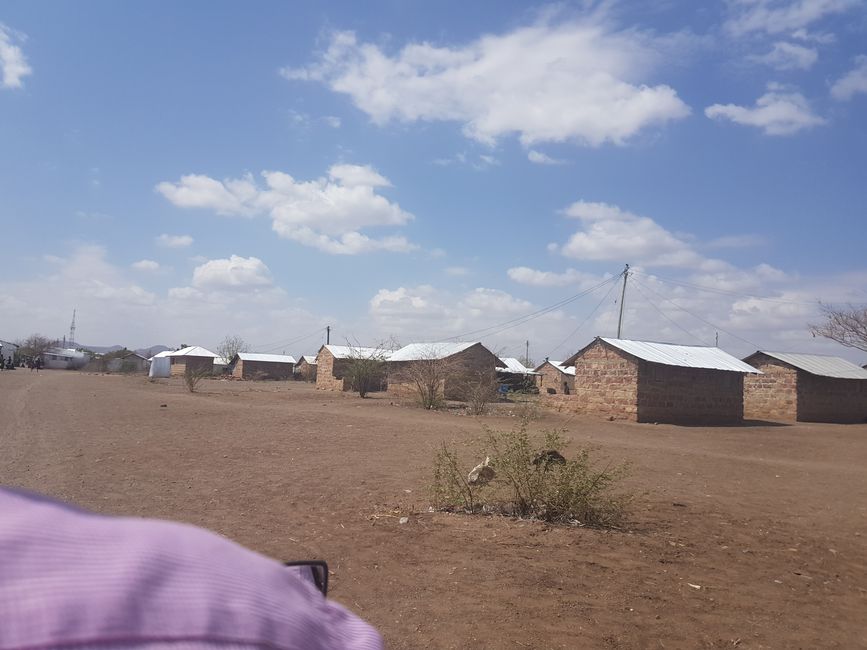
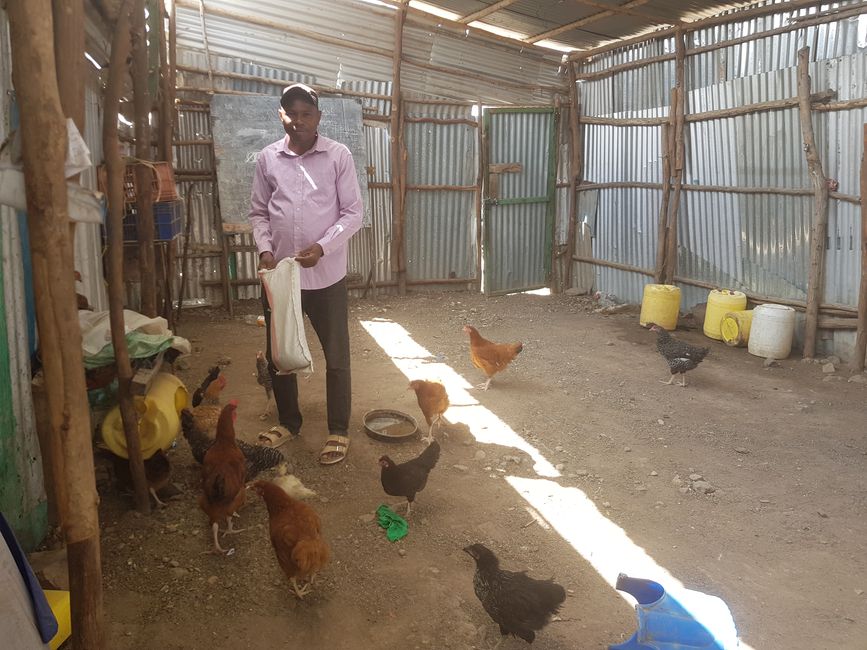
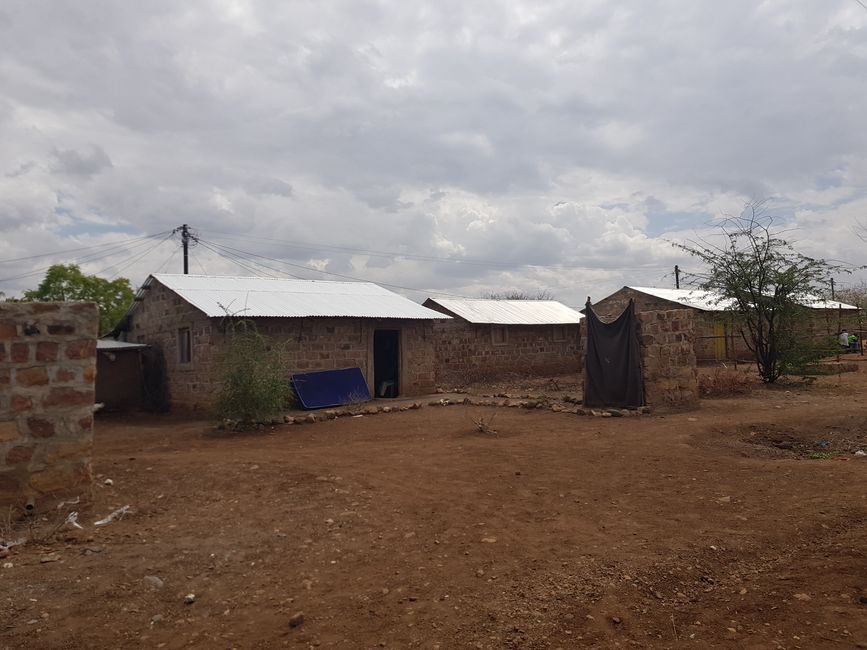
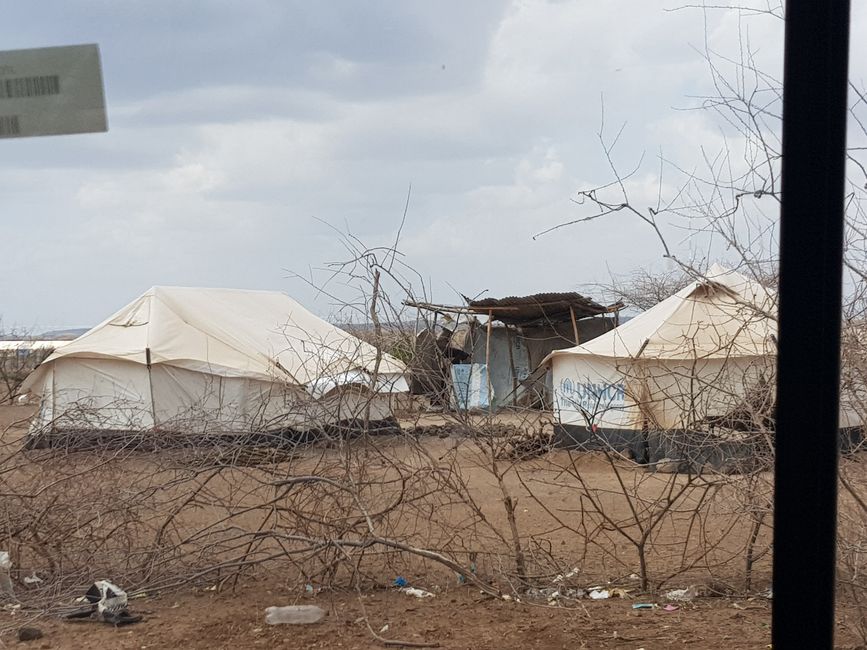
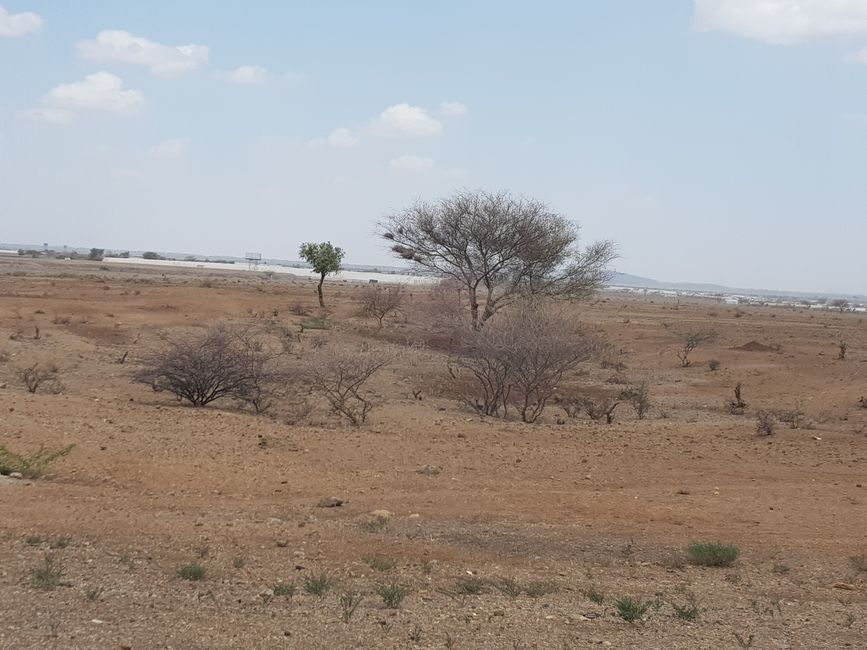
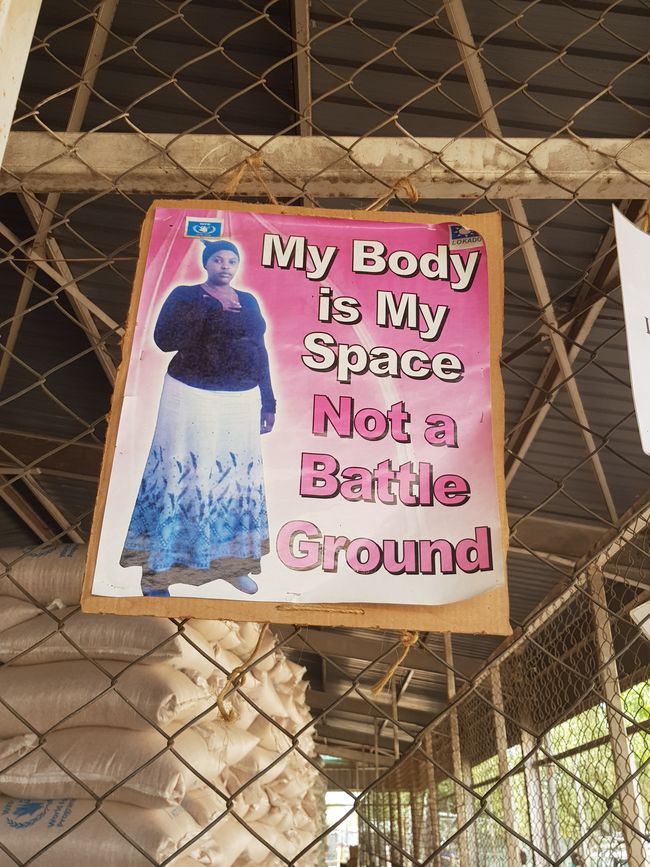
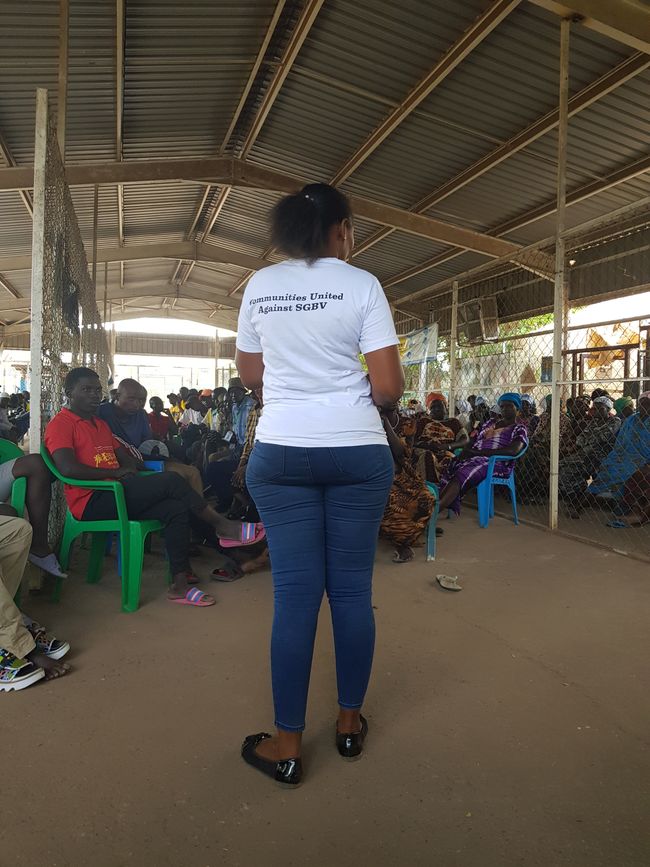
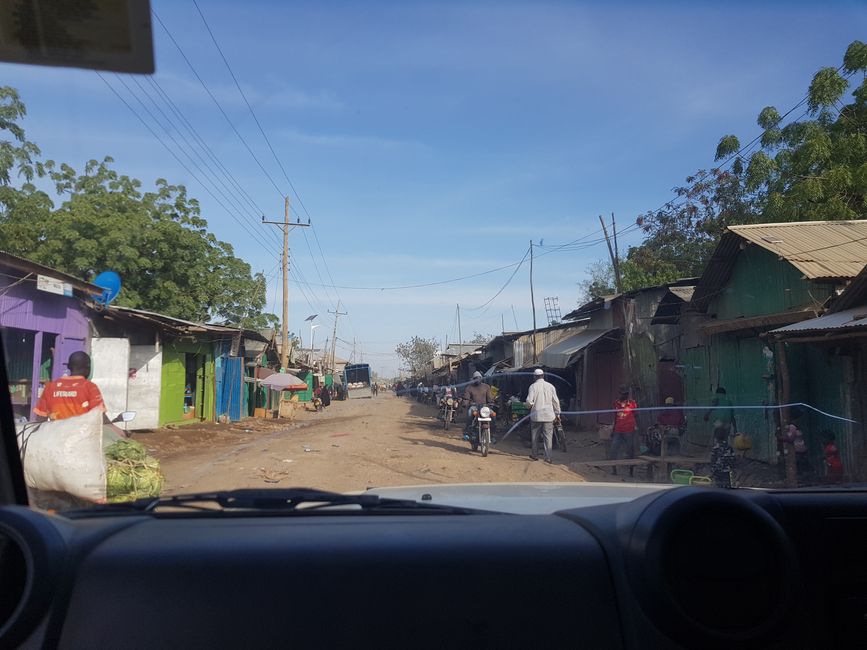
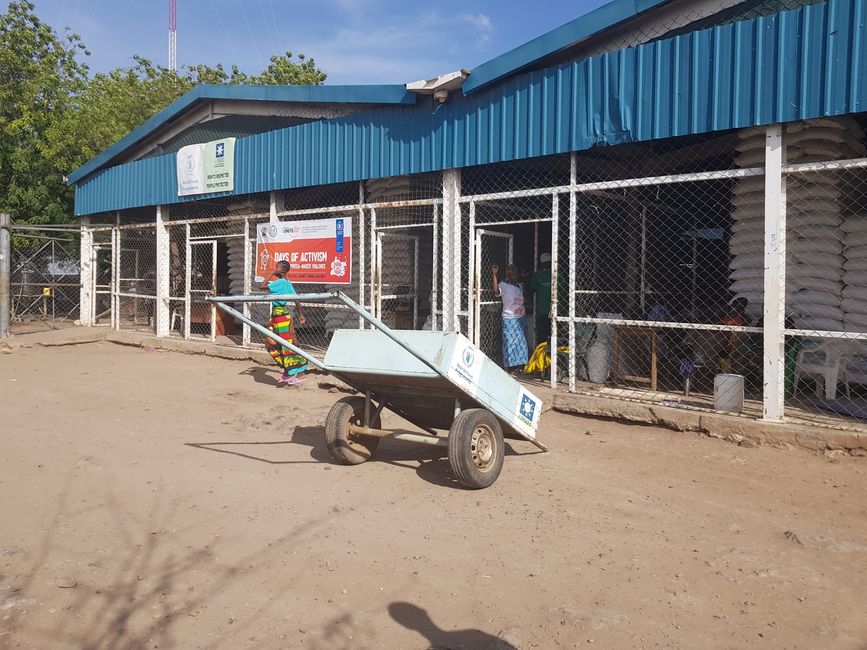
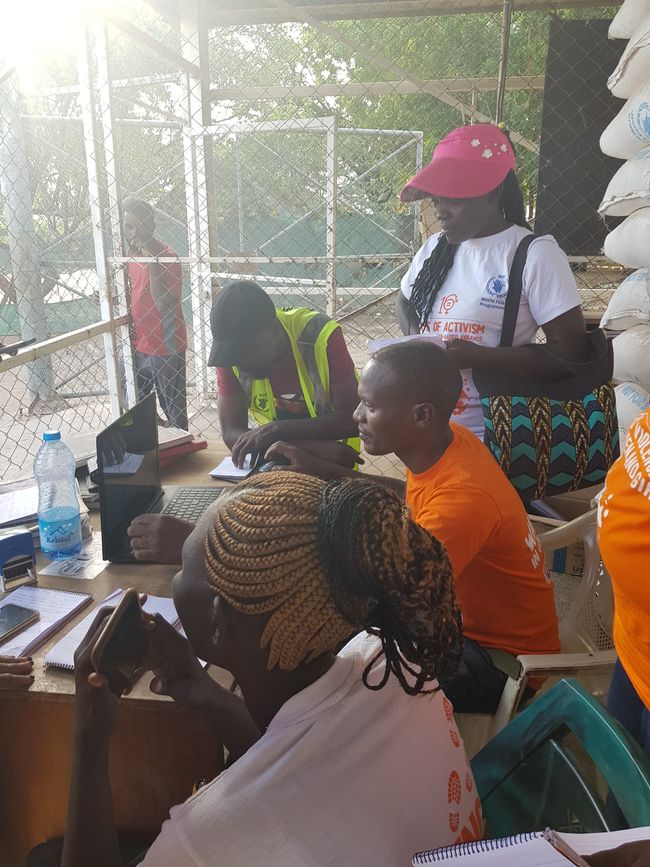
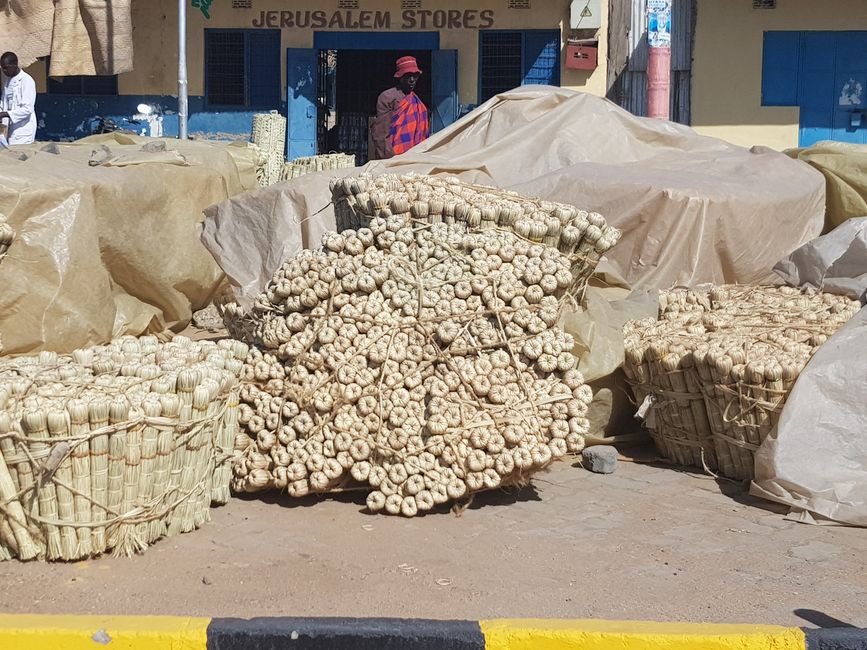
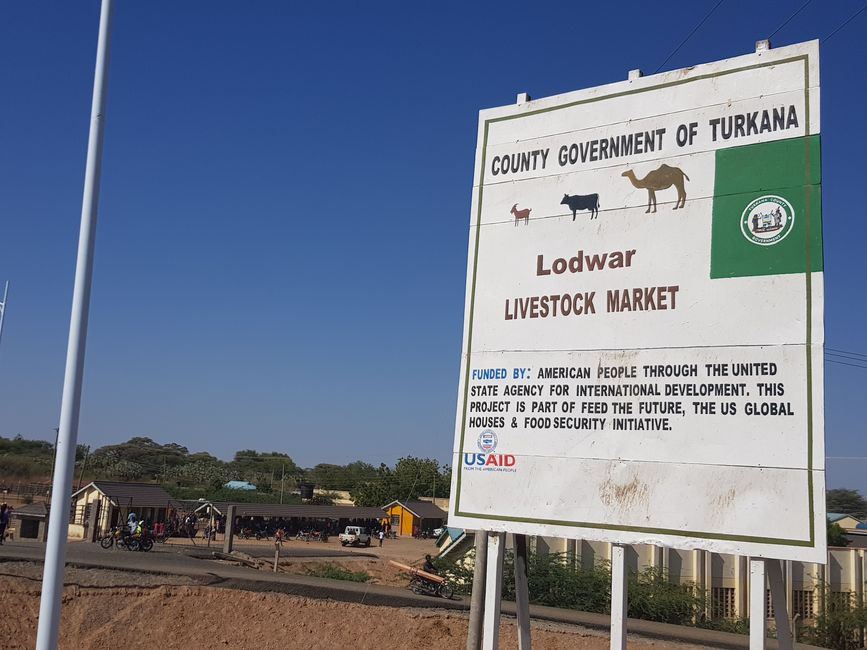
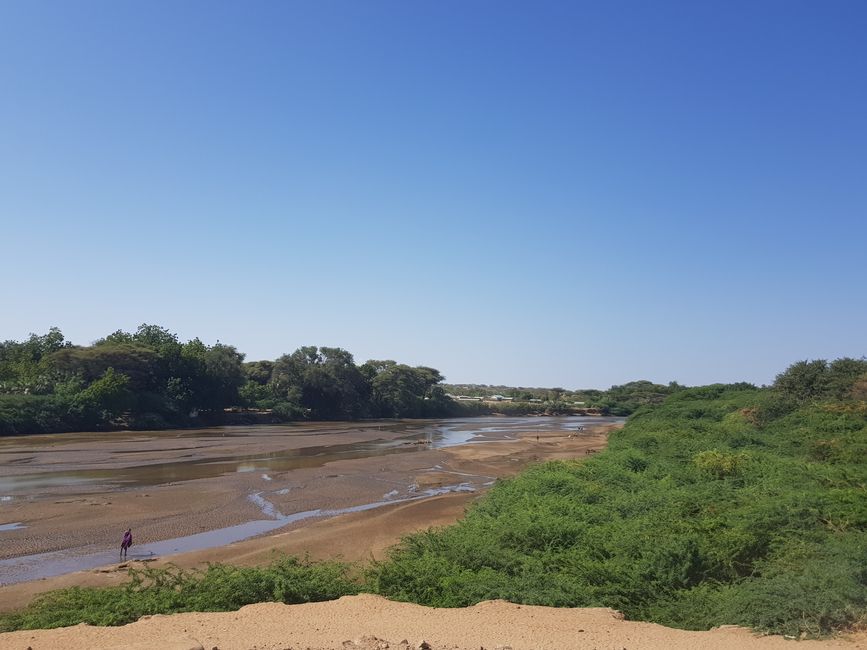
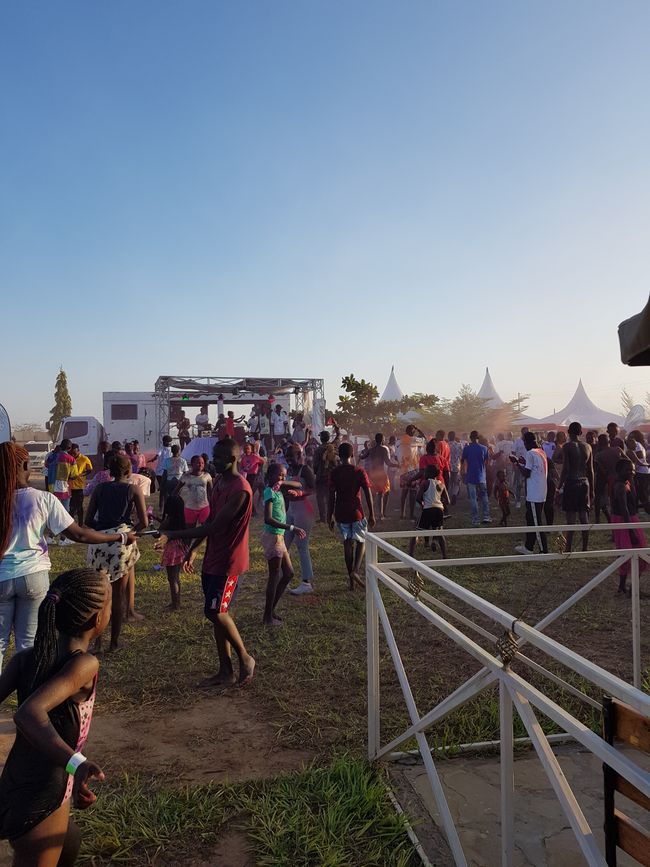
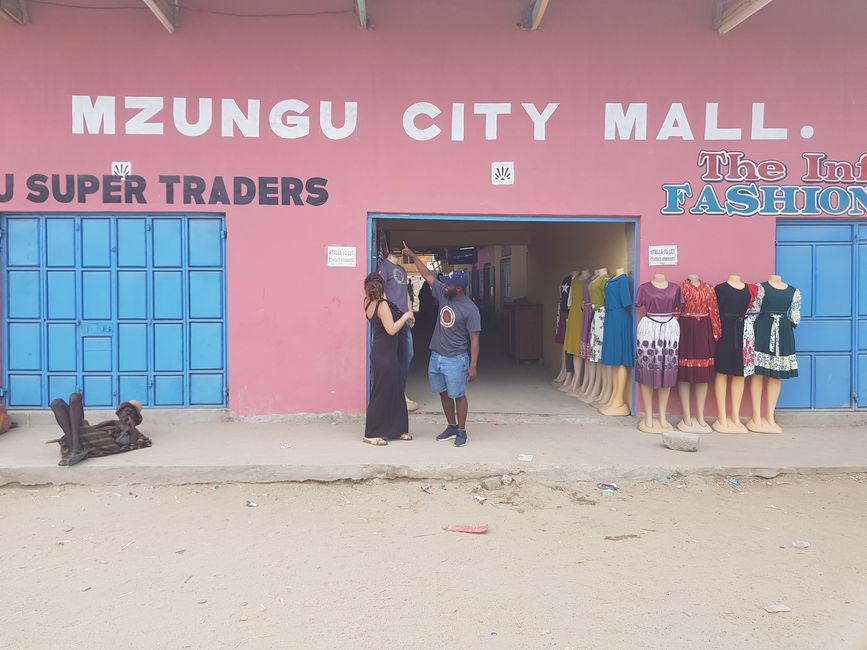
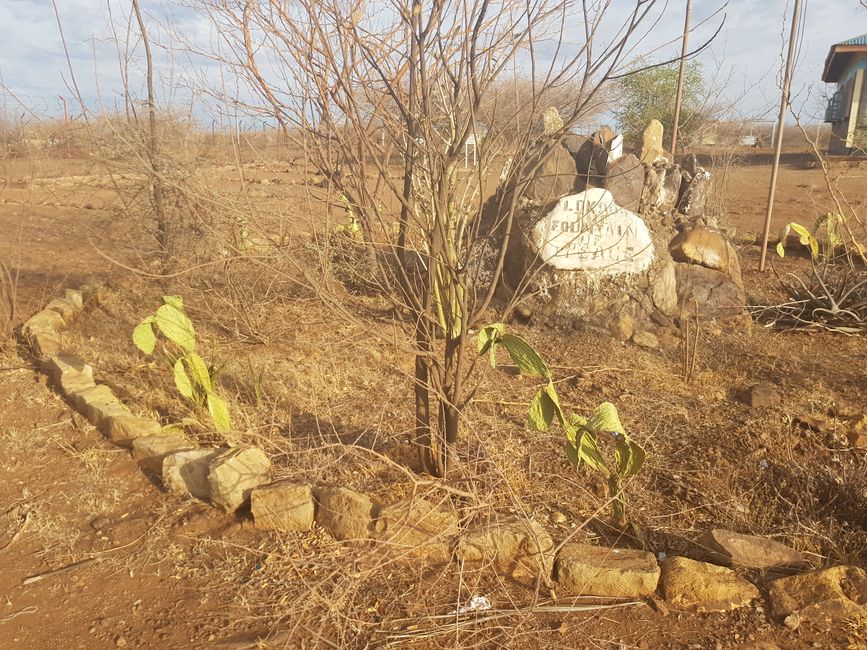
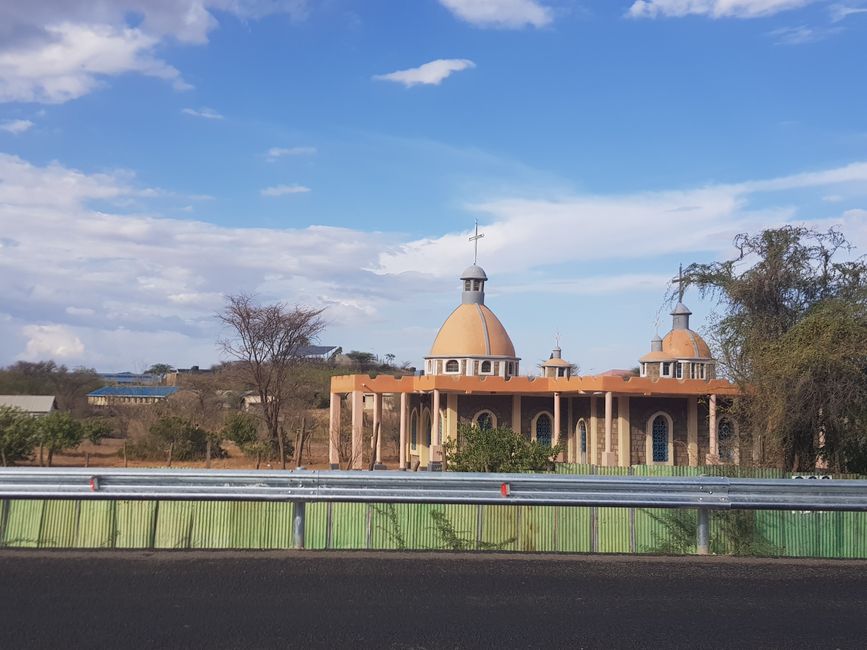
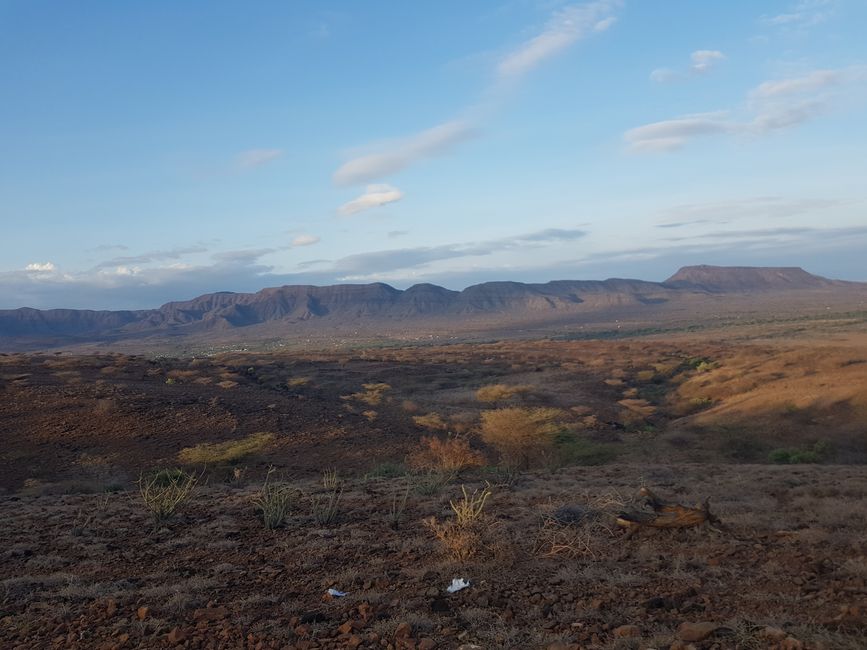
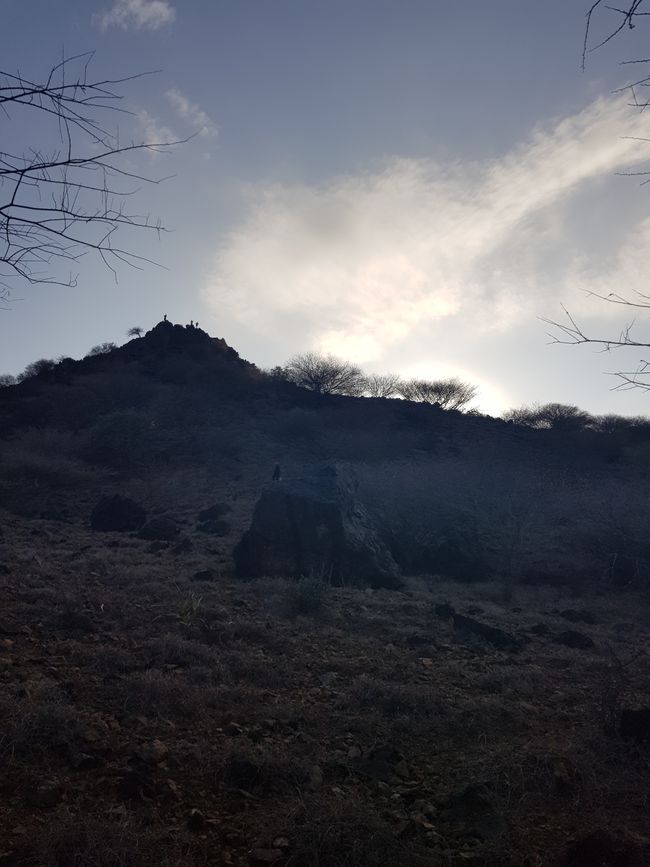
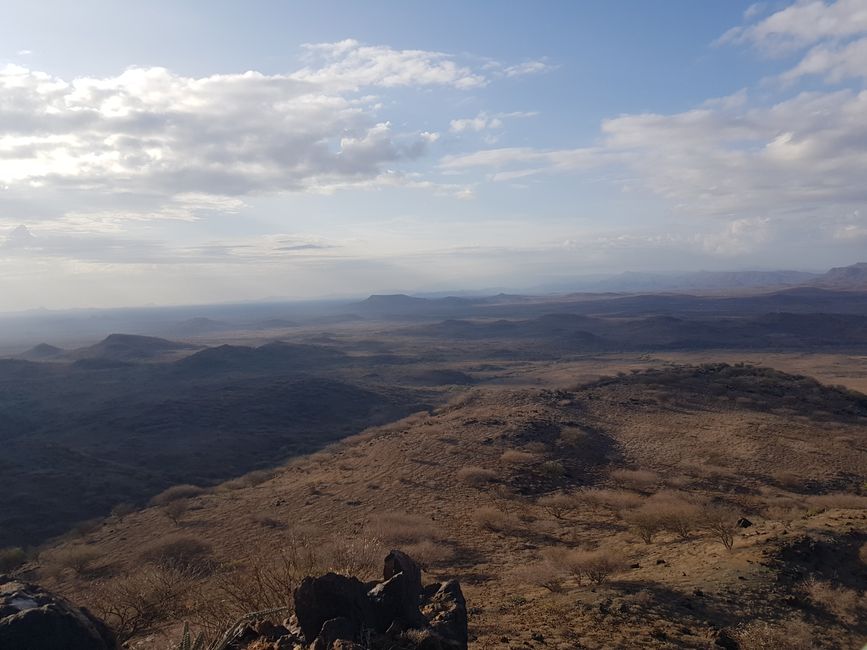
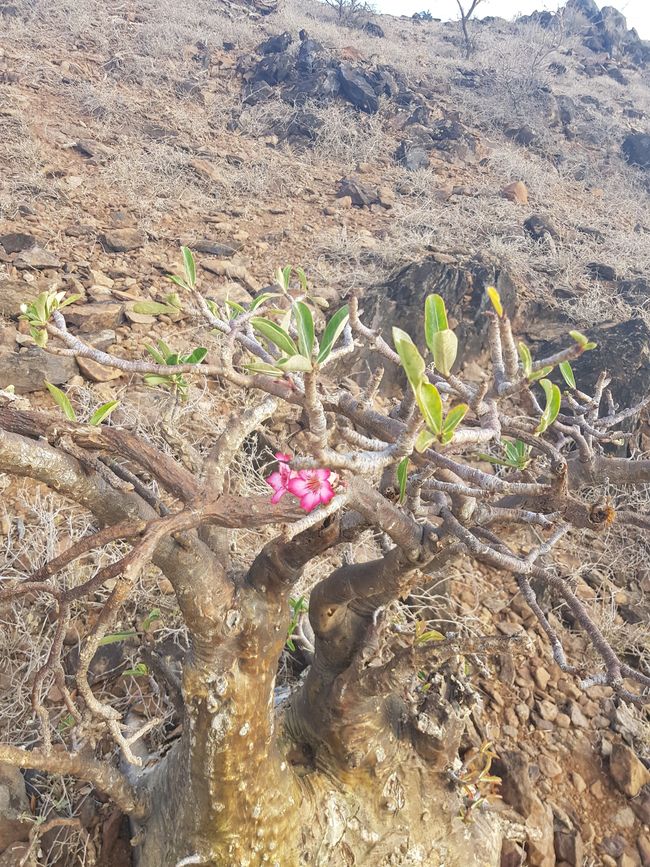
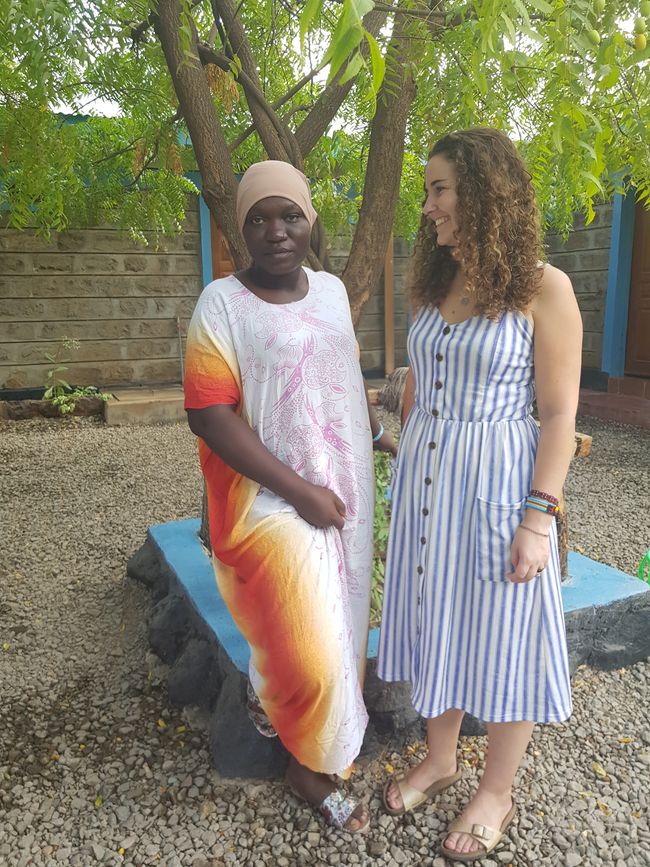
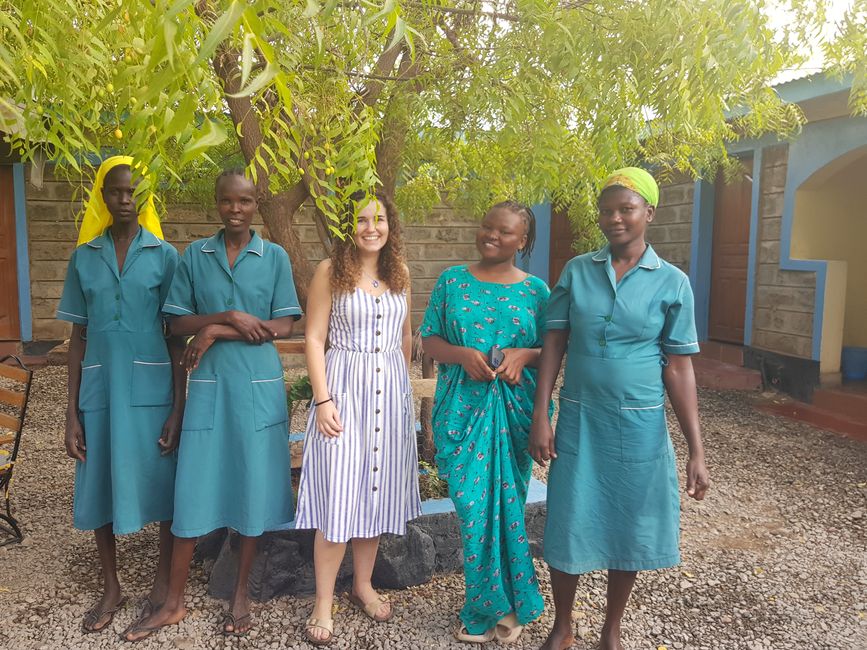
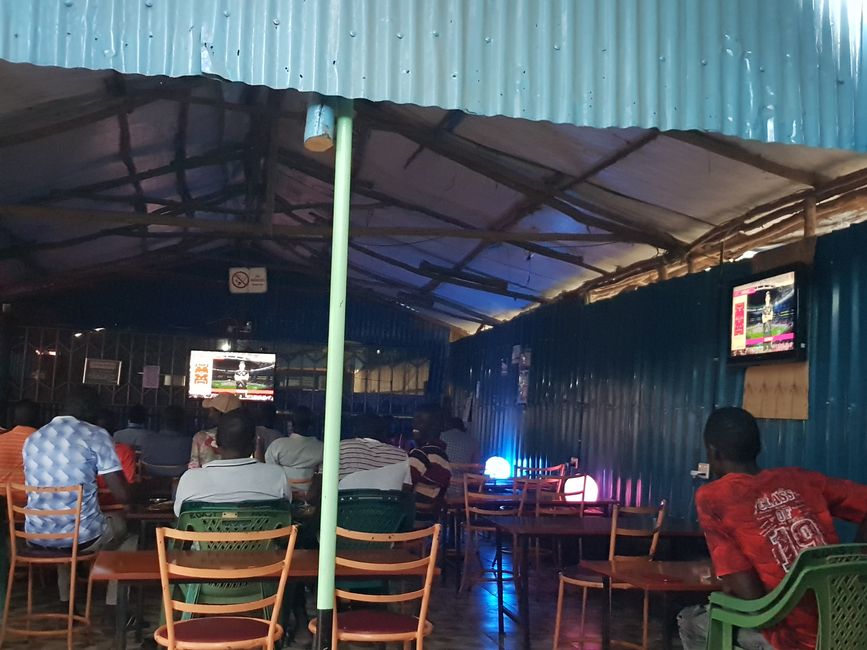
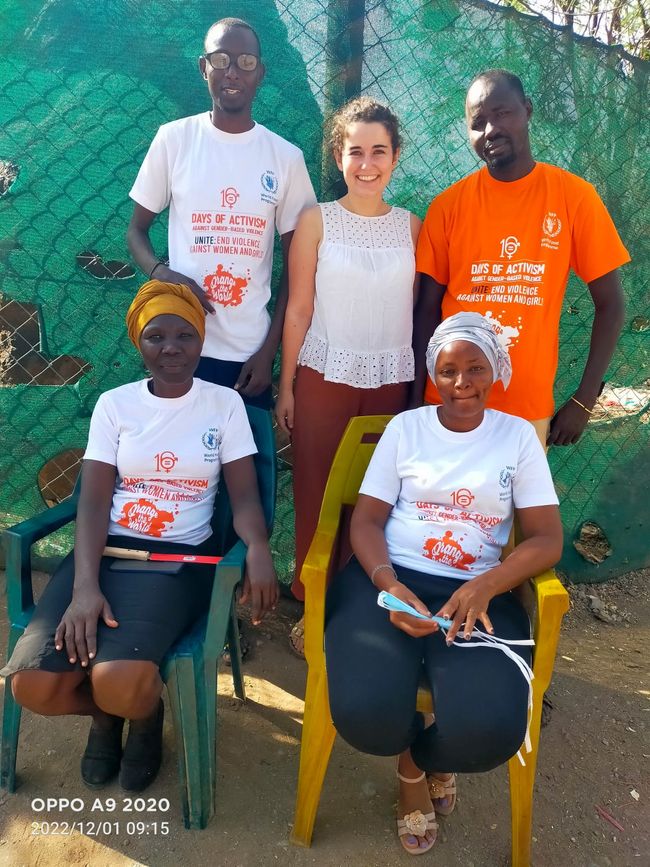
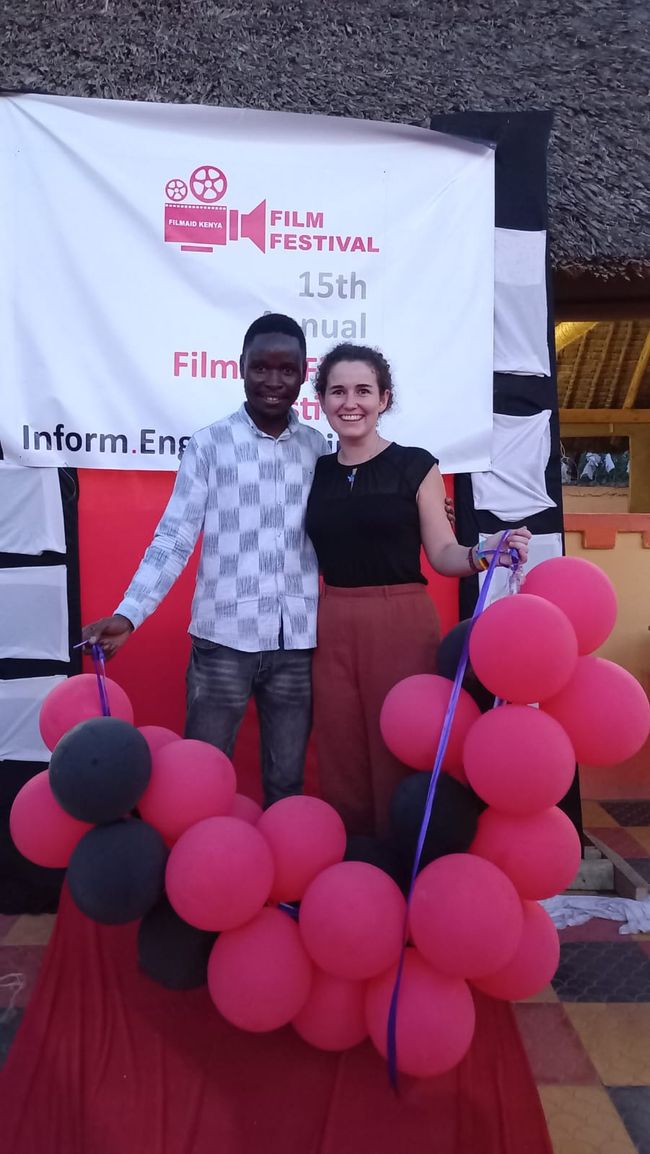
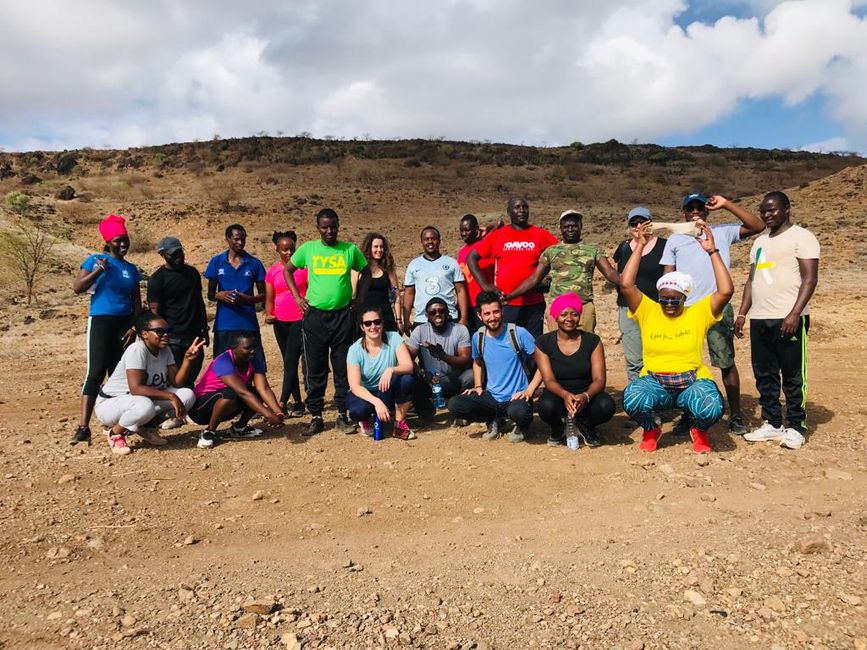
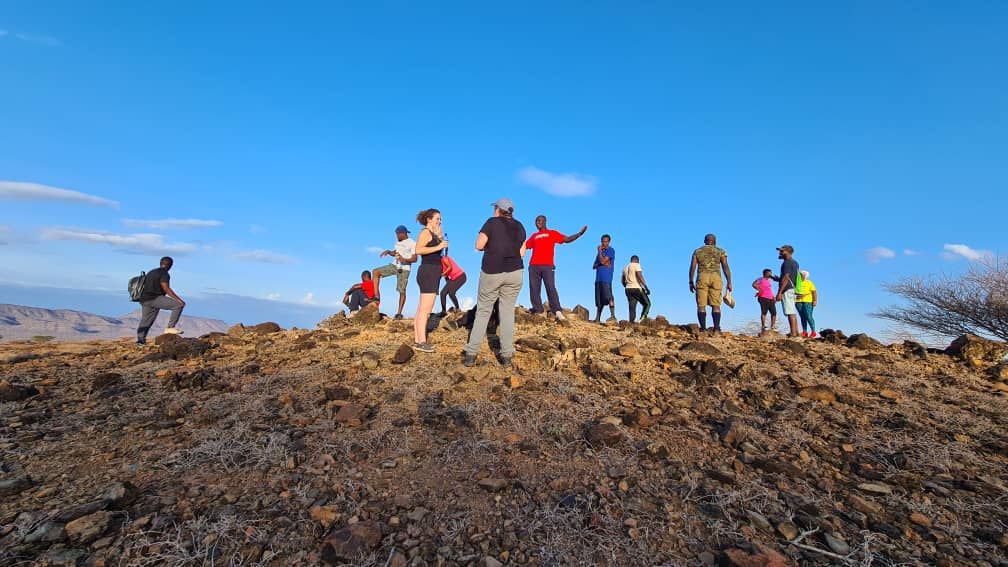
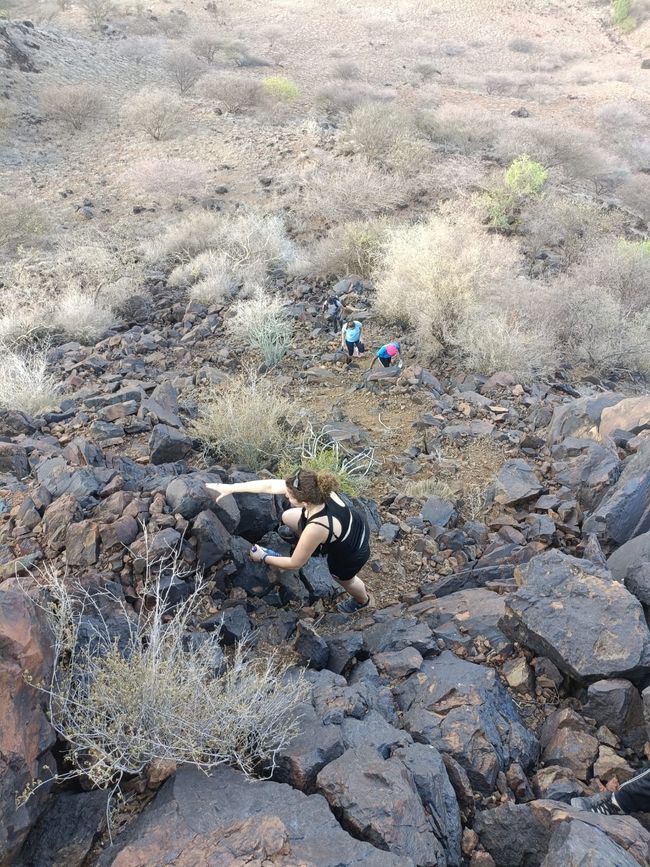
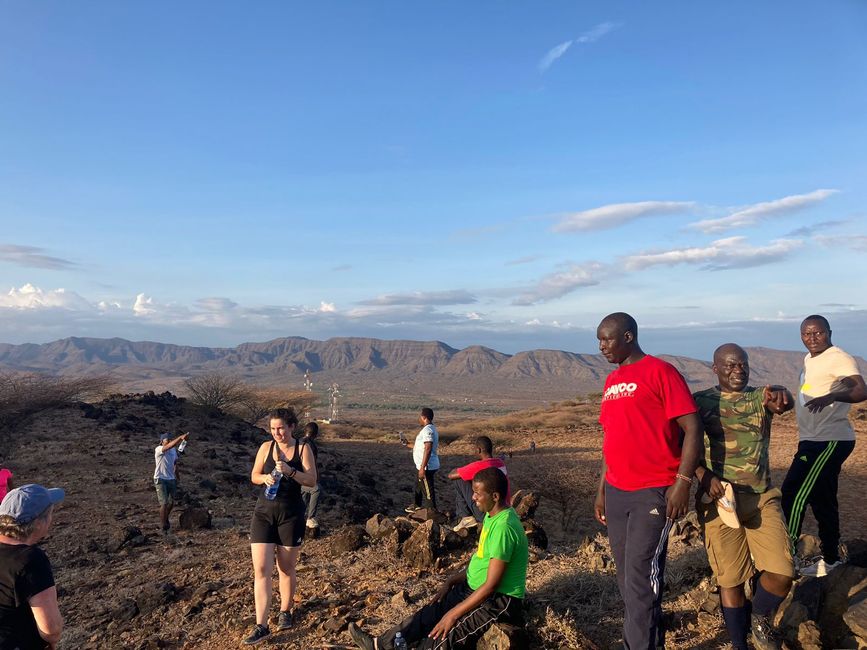
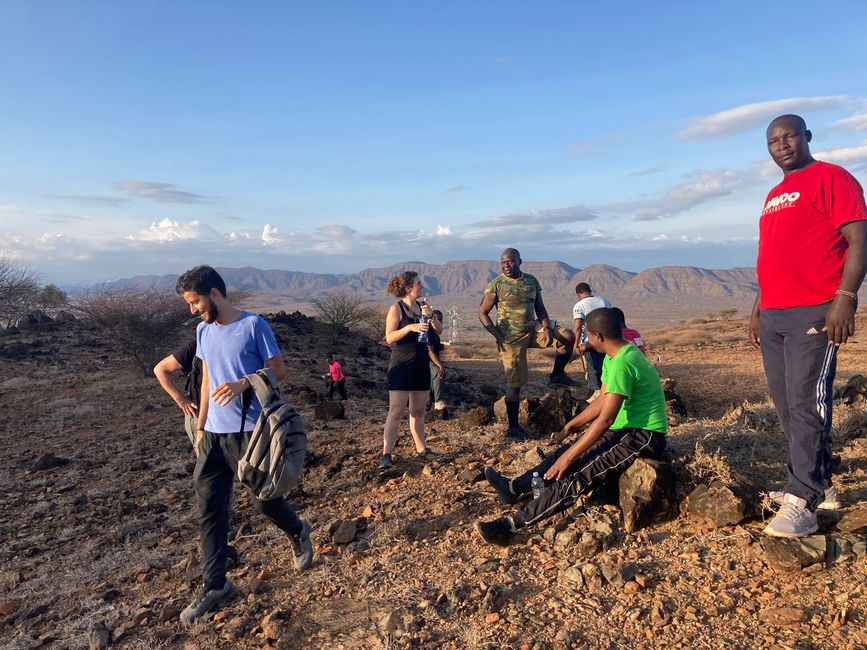
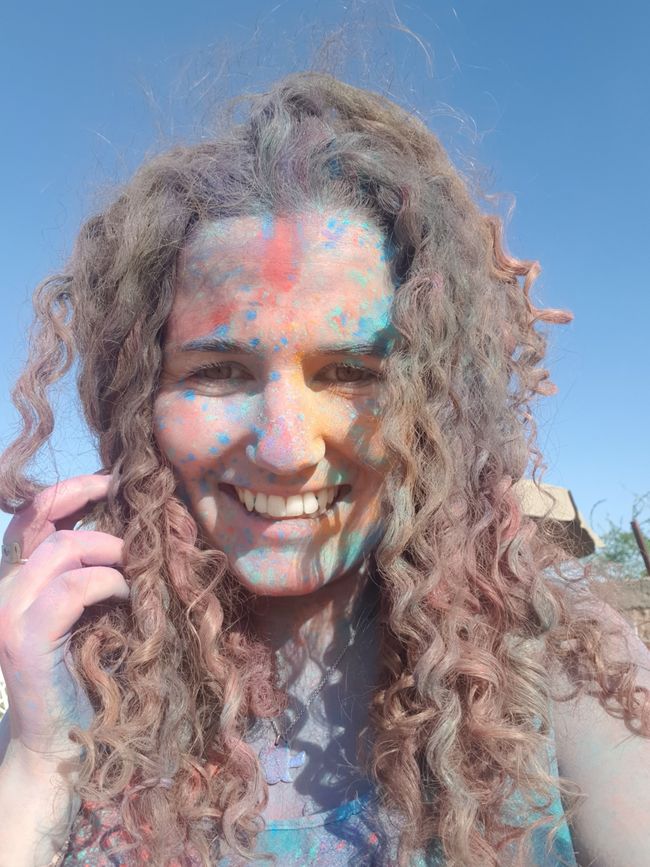
Habar býulletenine ýazylyň
Solastalgia. Maybe some of you know that word. A few years ago, I came across the term when I wrote a research paper about childlessness/birth strikes among activists in the climate justice movement. The professor of sustainability Glenn Albrecht coined the neologism Solastalgia and summarizes it as follows: "A form of homesickness when you are still at home". A bit like nostalgia, except that the grief or longing refers to the here and now. Solastalgia describes the pain and fear that a person feels when they realize how bad things are for our planet and ourselves.
The fear that climate change will make this patch of Earth uninhabitable, that people will lose their homes and places will become uninhabitable. That's what it's about. Another term I came across is "Pre-traumatic stress disorder". The impending destruction of the planet, the effects of the climate crisis, are already mentally burdening people. But I wouldn't use it anymore, because in many places in the world, the effects of the climate crisis are not a future prospect.
On a sick planet, there can be no healthy life. Solutions are brought by the concept of One planet - One health, which is spread in the Planetary Health movement, where "Ecosystem distress" and "Human distress" are related. Many people around the world, including in Kakuma and Kalobeyei, do something concrete with this knowledge and the feeling of solastalgia, so as not to fall into a feeling of powerlessness or shock, but to take action.
In the past few weeks, I have had some very intense and emotionally stirring interviews. With people who have lost everything through wars and are trying to find a home here in Kakuma. A home that is so affected by drought. Among all the conversations, I have felt a lot of helplessness and anger, especially after the COP 27 in Egypt ended without any real results (except maybe for Loss and Damage), and Lützerath is being demolished and so much responsibility is being pushed aside...
- "I am so grateful that I can live here without fear and in peace, but life here is very difficult. It is a desert." - Refugee man from DR Congo
- The story of a father who set out for Europe. Because he couldn't stand the hopelessness of Kakuma, the lack of prospects anymore. Because he didn't want his family to have to get by month by month with the very limited food ration. 8 children. One of them died due to malnutrition and malaria on top of that. The family still had contact with the father. From Kakuma, he made it to Libya. Then there is no sign of life anymore. After some time, the family slaughtered an animal, mourned, and performed burial rituals for him. So that they stop hoping to find him alive. The family is in the UN resettlement program, at the end of this month they will leave for Germany and look for a new home there. After 17 years in the refugee camp, they leave Kakuma, with 2 fewer family members. I gave the son a few German words. He asked me what Germany is like. That he had heard that there is racism there. What I can only wish for him and his family is to finally arrive in a safe place and meet people who welcome him with open arms.

- A colleague who sees no future for the pastoralists. They have to find alternatives to make a living. In a few years, it will be impossible to keep livestock. Only that the goats here are more than just meat. They have a strong cultural significance for the Turkana. If the animals die and the Turkana need other occupations, then it has a far greater impact than we can imagine.
- My interviewee who works at the health center in Kalobeyei, where children are treated for malnutrition on a daily basis. He hopes that he doesn't have to spend the rest of his life here. And yet he knows that the chances are not particularly good, because Kalobeyei is a long-term settlement that should give people a new home, not just temporarily. He talks about the psychological effects that the struggle with drought and heat brings.
- A researcher and former UNHCR worker who is so angry that Kalobeyei settlement is celebrated as a successful integration project, even though it is just a means to an end to keep refugees here in East Africa and not have to welcome them in Europe or America. Greetings to the EU's isolation policy. Why was Kakuma and Kalobeyei, such a dry place, chosen for this? There is no real competition for resources, jobs... with the Kenyans here. In this dry zone, there is nothing that the refugees could take away from the Kenyans. Pretty disgusting.





Even the cacti on the LOKADO premises are dried up. There are pretty bitter and hopeless days here. In the interviews with the NGOs and the refugees, I see a lot of courage to act, there are so many different projects and approaches here to adapt to a life with the drought and prevent worse things. But it is simply unjust that those who contribute the least to global warming have to bear the consequences.

Sparks of hope:
An organization founded by young refugees that brings gardens, education projects, etc. to their community and fights malnutrition.
LOKADO's efforts to use committees at the community level to address climate change, collect needs and difficulties, and then pass them on to the government. They train their fellow human beings on climate change topics, remind the Turkana people of their indigenous knowledge that has been lost in recent years. For example, how they can dry and preserve meat to be able to live off their supplies even in less good times.
All the initiatives for solar energy, tree planting projects, educational offerings for the Turkana to become more drought-resistant in agriculture... And in almost every interview, I heard the sentence: 'Having hope is in human nature.' And Turkana is the cradle of humanity. We have been here for so long and will stay here. In Turkana, a nearly complete skeleton of Homo ergaster or Homo erectus was found (1.5 million years old). If you are interested, google Turkana Boy.



Worldwide, there is the initiative of the 16 Days of Activism against Gender-Based Violence. In Kakuma, there were awareness-raising actions from November 25 (International Day for the Elimination of Violence against Women*) to December 10 (International Human Rights Day). LOKADO held small input lectures for all employees.






I made a trip to the capital city of Lodwar with Kenyan friends and refugees to attend a small festival. On the way there, we passed the police roadblock. Without a travel permit, refugees do not have the right to leave Kakuma. You can pass the barrier with money. The system is very arbitrary, and if things go very badly, you will be taken to prison. According to Transparency International, Kenya has a very high rate of corruption (30/100 points, Germany 80/100). The lower the number, the more corrupt the country is. Through the bribe, the refugees can move around more freely, but relying on the mood of the officers at the roadside posts is definitely not the right way. (I prefer not to post pictures of us in order not to get my refugee friends into trouble.)






My internship at LOKADO is now over, and my time at Tarach Guest House as well. I felt very comfortable and will miss my colleagues and hosts a lot. For the last time this year, I went to Kakuma's mountains with people from UNHCR, GIZ, WFP, and other organizations in the early morning hours.










The next 3 weeks I am on my way from Kakuma to Nairobi - by road with many matatus (minibusses), to then celebrate Christmas with the family of a friend at Lake Victoria and spend New Year's Eve with the people from Nairobi. From January onwards, I will be back in Kakuma, with a different organization in the camp.


Sunny, but cool 23°C greetings from Eldoret
Francis
One more random picture from the Kenya Filmaid film festival. They do film projects in the camp, inform refugees through educational films, and teach refugees skills to become filmmakers themselves. If you want to watch something, there are films on the YouTube channel: https://www.youtube.com/watch?v=1VCw6GEFKo0

Habar býulletenine ýazylyň
Jogap
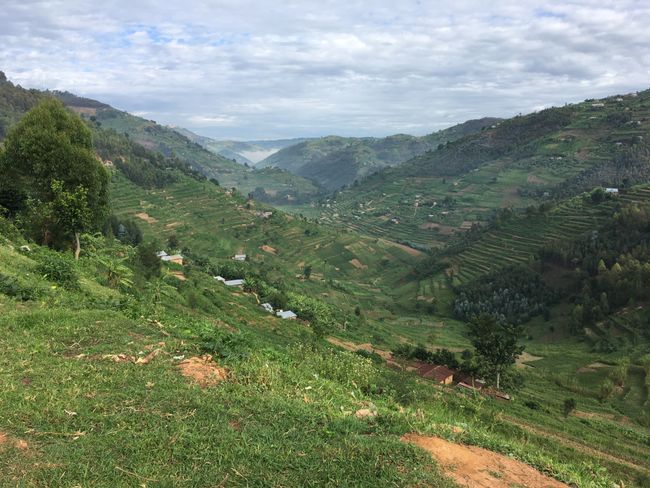
Syýahat hasabaty Keniýa

